“Let’s kill all lawyers” by William Shakespeare in Henry VI.
Peretu Thomas Ebikabowei
It’s not uncommon to be confronted in daily conversations, how that lawyers have acquired the distinct reputation of being liars. And more condescendingly disheartening is the warped assumption in certain quarters that lawyers are purveyors of lies. Agents, if you will, of corruption and everything dishonorable. How true? This undue prejudice against lawyers has been with us from antebellum as Shakespeare’s Henry VI attest to this hatred. Not withstanding these misconceived ideas pilled up at the door step of lawyers, the wheel or to be more exact, the index of societal progress is hinged on the evolution of the legal profession. The development of any society is at the behest of the legal profession where justice, equity and fairness take the centre stage of social evolution.
The legal profession is a very noble one. And that explains why, its training is very demanding. One must be fit and proper to be called to the Nigerian Bar. That implies being above board in ethical conduct.
Lawyers suffer this destructive pathological stereotype howbeit, in the course of carrying out their duties as counsels and ministers in the temple of justice.
Lawyers draw the ire of society inadvertently for being diligent, honest and trustworthy. They discharge their responsibilities to the courts and their clients in consonance with the dictates of the rules professional conduct.
Unfortunately, this line of thought is canvassed principally by unscrupulous members of society who, at best, are ignorant of our adversarial legal system- a bye-product of our common law heritage.
May I also add that this obnoxious image is woven, obviously by ill-informed simpletons, albeit-to derogate the import of lawyers as social engineers.
Little wonder why lawyers are the butt of every superstitious nay, disdainful joke.
What most critics don’t realise is that the legal profession is highly self regulated. For instance, it bears repeating that the legal profession abhor any act or omission that may bring the body into disrepute, ridicule or odium. Rule one of Rules of Professional Conduct for Legal Practioners in Nigeria is very unambiguous. The rule states:
“A lawyer shall uphold and observe the rule of law, promote and foster the cause of justice, maintain a high standard of professional conduct, and shall not engage in any conduct which is unbecoming of a legal practioner.”
This cardinal injunction has always been a guiding principle regulating the conduct of legal practioners. Forgive my unrelenting repetition of the word, conduct. Often, those who fall short of this injunction have been severely sanctioned or disbarred either by the Nigerian Bar Association or more precisely by the Legal Practioners Disciplinary Committee, a sub group under the Body of Benchers. This underscores the reason why the training of potential lawyers at the Nigerian Law School is hard and difficult. The rigorous discipline imbibed at the school is expected to shape the lives of the lawyers for the good of society.
Those unschooled in the crafts of advocacy often question why a counsel should represent a known culprit or armed robber. They forget that the Nigerian Constitution in section 36 provides for the innocence of a defendant until proven otherwise through meticulous trial by a competent court with jurisdiction. Not the court of public opinion. The same Constitution copiously provides for fair hearing as a sin qua non for adjudication of matters brought before the courts.
These accusers of the brethren are quick put aside the fact that the courts are not modeled to keep faith with the truth. Because truth is subjective. What may be truth to you may be a shade different from mine. I daresay, there is no universal truth. When truth is pushed a little further, it becomes a dogma.
A writer once put it succinctly when he said ” … there is nothing like universal truth, what you hold as universal truth is only a dogma like religious or cultural dogmatic principles. When a purported truth is forced down on people as incontrovertible and universal, it becomes a dogma. Dogma itself is a principle or sets of principles laid down by an authority as incontrovertibly true. A dogma is an adulterated version of truth which cannot be said to be truth in the strict sense of it…”
Let me not bore you with the philosophy of truth in this piece. We may come to it some other time. But suffice to say that our courts are not wired to look for truths hidden in closets. What the courts is interested in getting to know the facts and the indisputable evidence presented to it by counsels. The courts will only determine the merits or otherwise of a matter based on the facts and evidence before it. Therefore, it behoves the prosecution counsel to prove his case beyond reasonable doubt. However, where the prosecution is unable to do due diligence. It is the place of the denfence counsel to ask that the defendant be set free and acquitted of the charges against him. Afterall, there’s a maxim which says, he who alleges must prove. But where he lacks the skill and knowledge to prove the veracity of his case, the courts would not indulge him the grace to convict a defendant irrespective of the truth being canvassed. A learned judge once said it is better that an innocent person is set free than have him imprisoned for no just cause.
It is on that basis that every defendant or claimant needs a lawyer to help prosecute or defend his matter. Therefore, I submit without equivocation that lawyers are not liars. How can you imagine a society without law, lawyers or law enforcement agents. That will be a recipe for chaos.
…Peretu Thomas Ebikabowei, a lawyer based in Abuja.


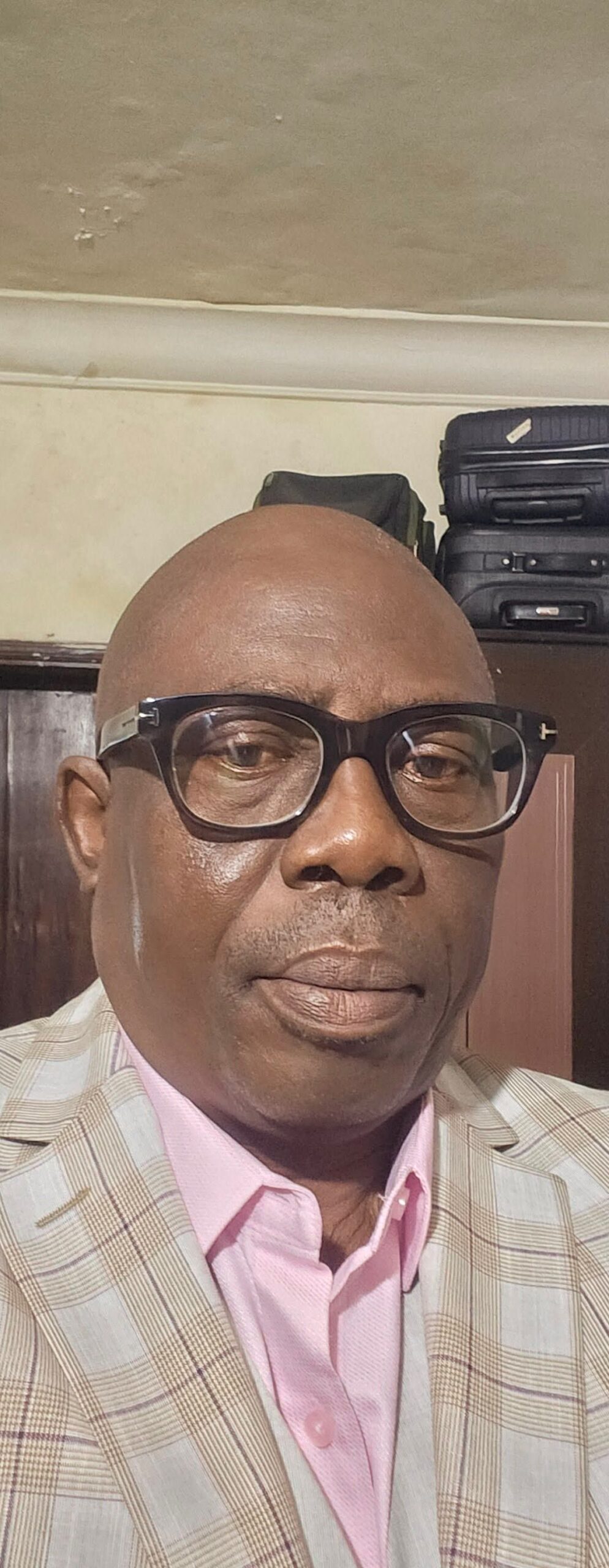
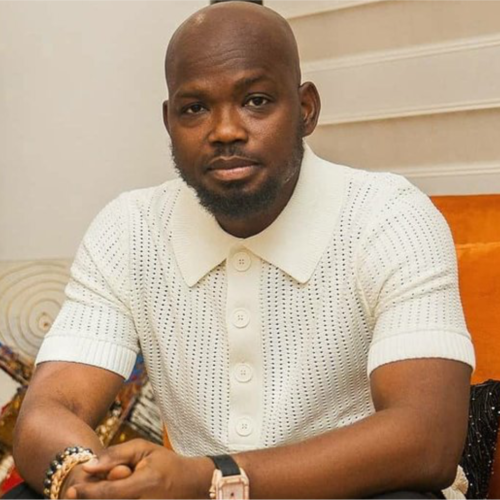

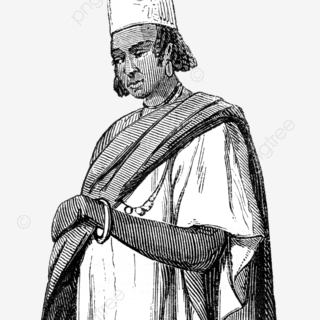



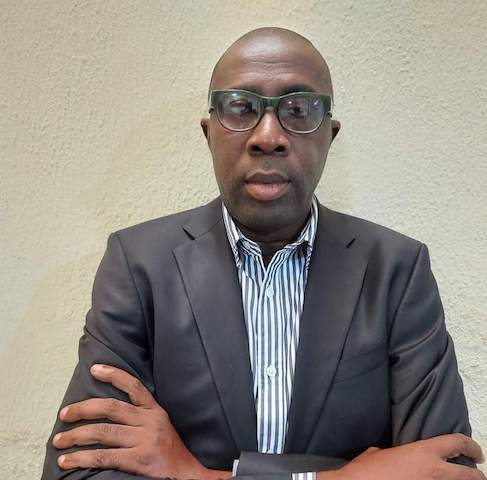

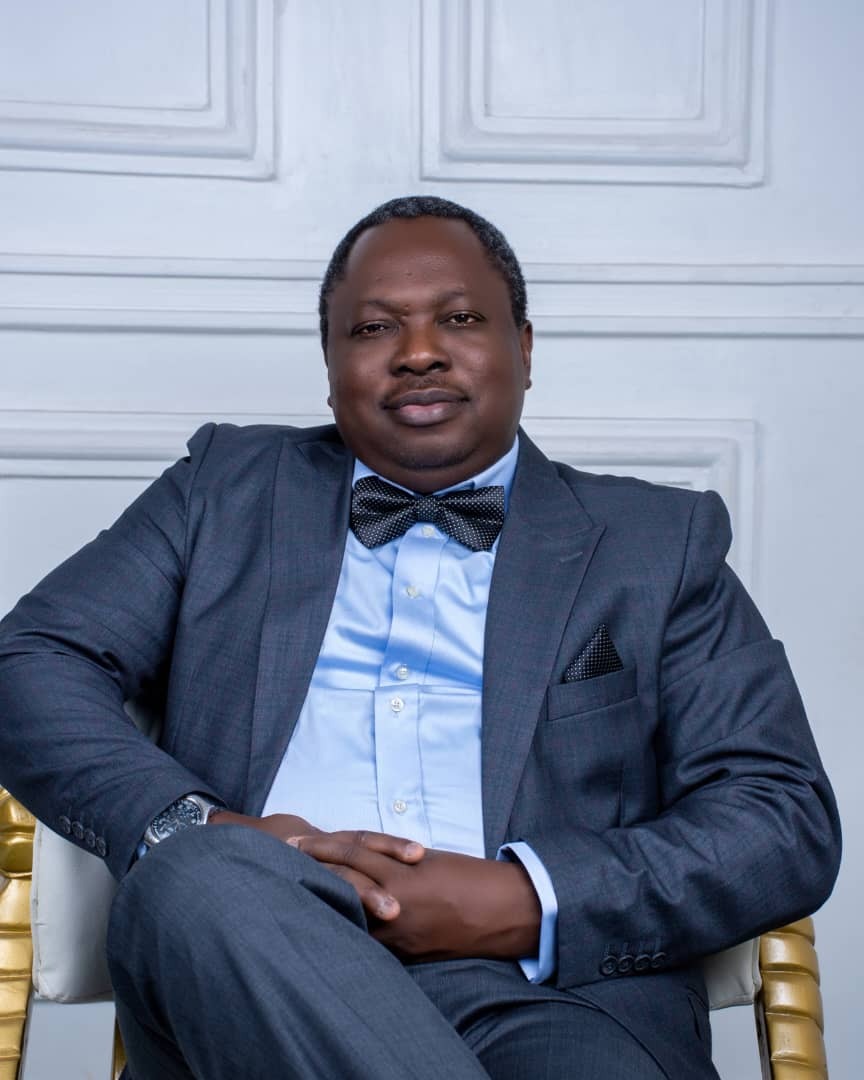
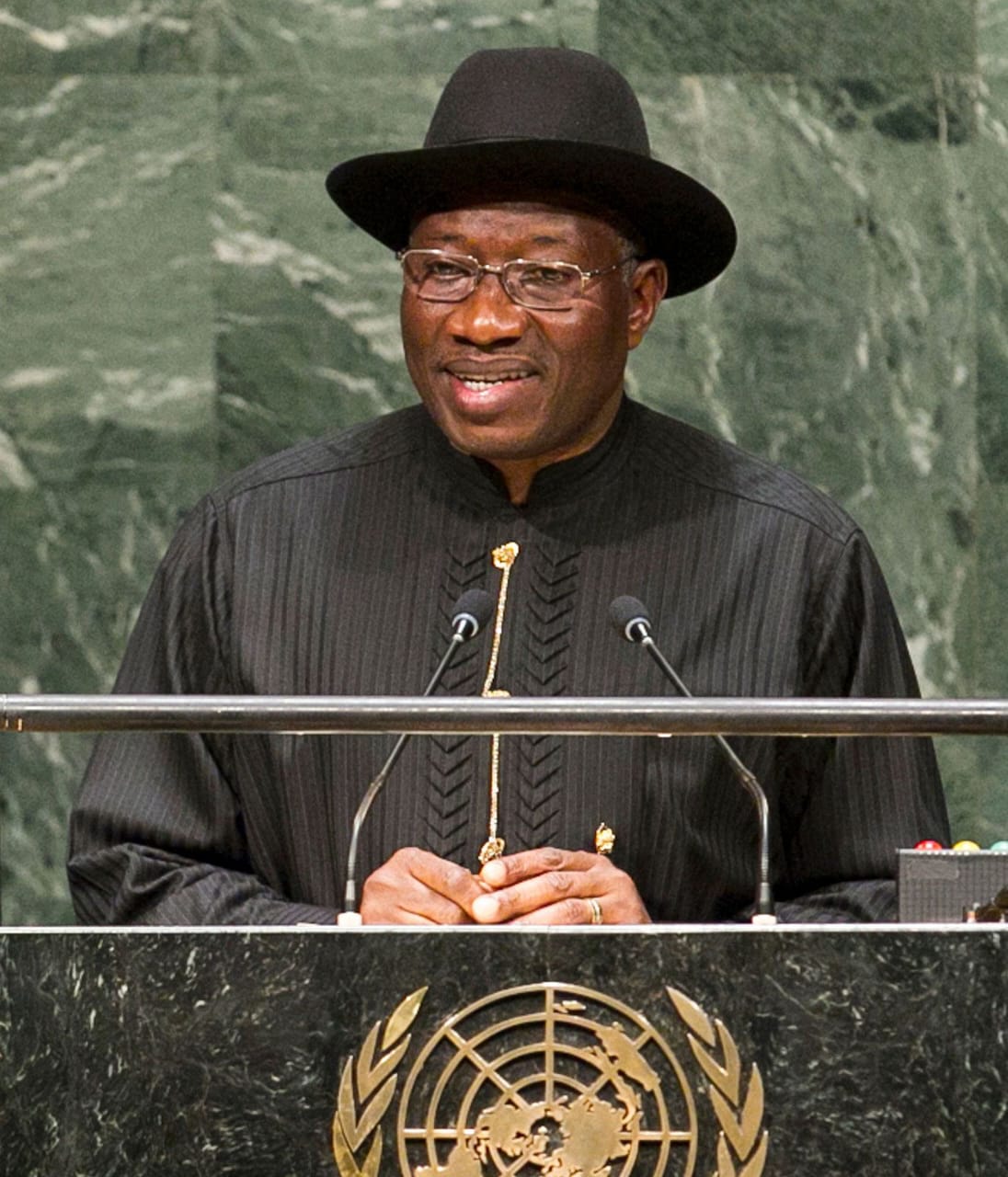

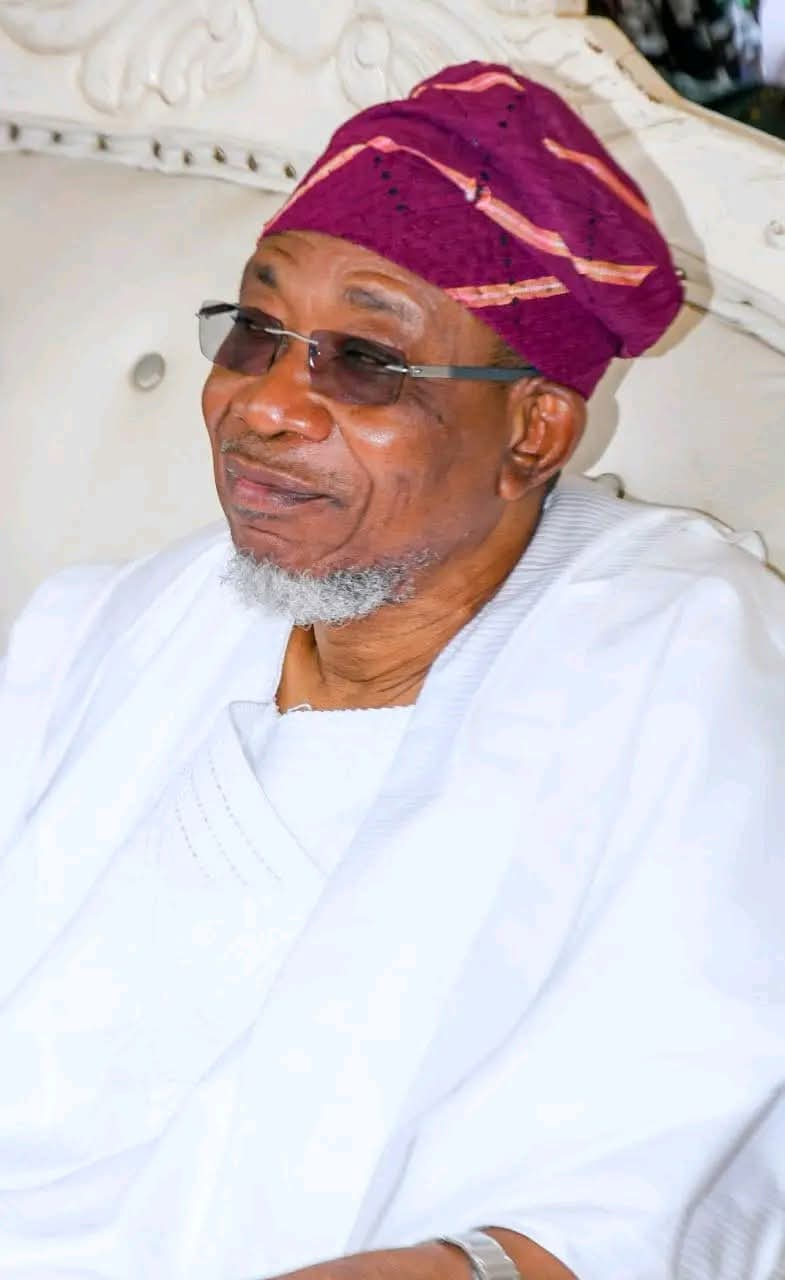

Leave a Reply